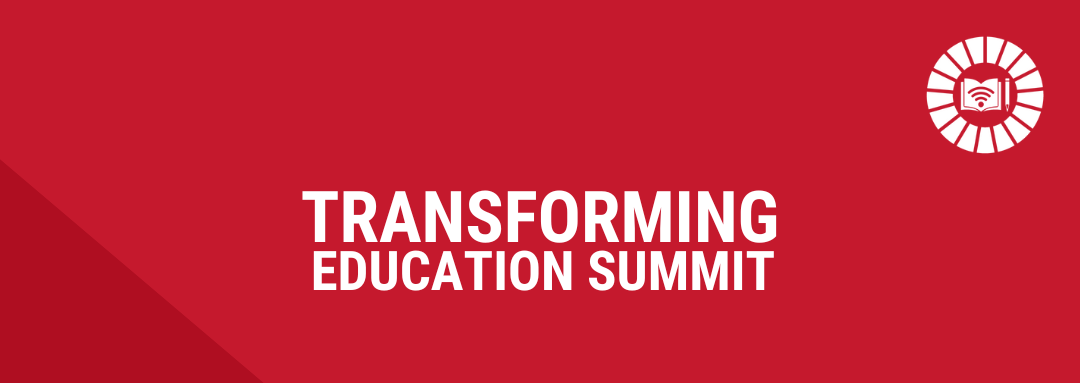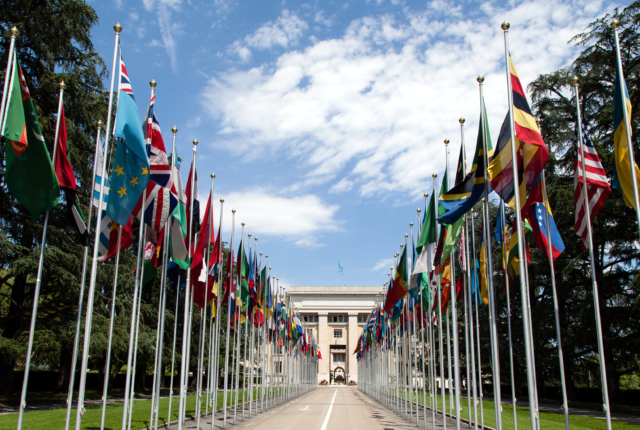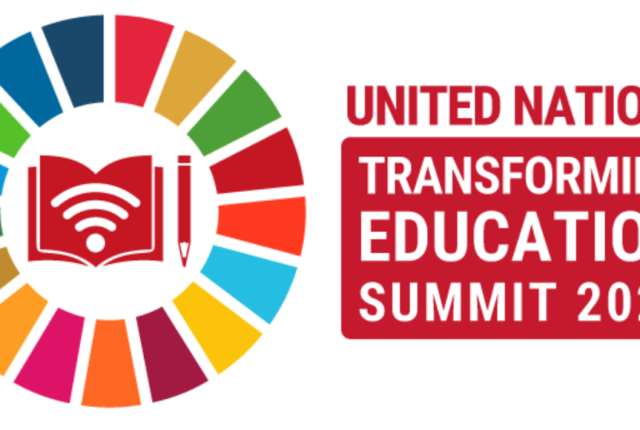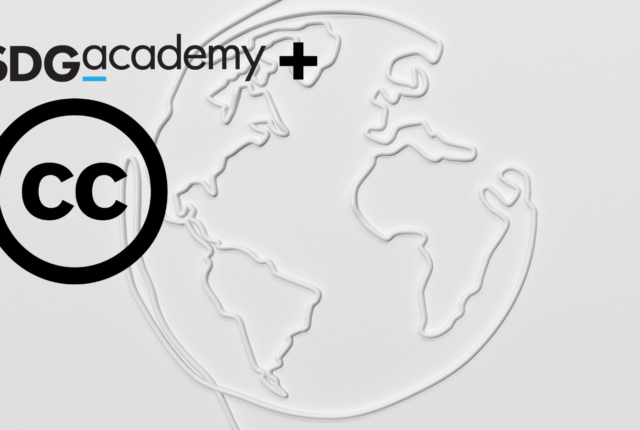The U.N. Transforming Education Summit (TES), convened in September, marked a potential watershed moment in global development and education. For three days, leaders in civil society, government, academia, and the private sector engaged in dialogues and sessions on the transformations needed to improve education systems worldwide. Strategically, the summit was aligned with the annual U.N. General Assembly to garner firm commitments from heads of state as they gathered to discuss the pressing challenges of our global society – but did the TES deliver? Will education systems be transformed?
On many accounts, the TES brought to light deeply rooted problems facing education in all countries of the world. Support for teachers, inclusive education, linkages to other social sectors, as well as finance facilities were popular topics. Art installations on the U.N. grounds displayed dismal facts about schooling, including “only one in three 10 year-olds globally can read and understand a simple story,” a statistic reported on widely by UNICEF(1). Given that 260 million children are currently out of school,(2) it is evident we are at a critical juncture where educational transformations are necessary. The 46 sessions hosted on the TES solutions day certainly emphasized this point. The status of global education was made clear – we are not yet closing in on our global goals, in particular, SDG4.
To achieve SDG4, the world must make progress against 10 targets to ensure high quality education for all. Since the inception of the SDGs, our global education agenda has centered on these targets but prior to addressing such things as gender equality, global citizenship, or literacy, we must first ensure we have a fair and equitable infrastructure for education to flourish. In the 21st century, educational infrastructure must include digital spaces that provide open access to high quality educational resources.
Resources have a significant impact on learning, but practices of privatization have increasingly hindered access. Textbooks, articles, syllabi, and a robust array of learning materials exist but are not shared openly with those who would benefit most. Although open educational resources (OERs) exist, they are not in abundant supply and collectively, our global education systems tend to default to capitalist practices that limit access in order to generate competition and enhance profit.
To remedy this problem, UNESCO put forward the OER Recommendation, which was adopted unanimously by the General Conference in 2019. This broad international framework encompasses five key domains for ensuring learning resources are shared equitably to enhance educational outcomes.
Moreover, several other actors in the education sphere have put forward firm actions that can advance OERs and educational equity. Science Europe created the Action Plan for Diamond Open Access, to further develop and expand a sustainable, community-driven, scholarly communication ecosystem. Civil society organizations such as Creative Commons have pressed for developers of learning content to adopt legal licenses that protect content from paywalls and other obstacles in education. A movement grows to remove barriers to learning resources in order to create stronger, more sustainable infrastructure that can help to achieve our global education goals and advance Agenda 2030.
To further the dialogue on this topic, the Sustainable Development Solutions Network hosted a session at the U.N. Solutions Day. The session titled, “Transforming ESD—Implementing the UNESCO OER Recommendation within Multi-Stakeholder Partnerships,” endeavored to bring together public officials, education leaders, civil society, inter-governmental agencies, and the private sector to engage on methods of collaboration to solve our issues of access to high quality resources.
This session demonstrated the importance of creating Diamond OERs that are hosted in Findable, Accessible, Interoperable and Reusable (FAIR) Open Educational Resources Repositories (OERRs) that can be used in ESD and training at any stage of life, in any corner of the planet. Our initiative is to create education resources for sustainable development that are free, openly licensed, easily accessed and can be repurposed. This global repository of quality OERs is essential if education is to be truly a Global Public Good.
It is our hope that global leaders will support the dialogues on this topic and come forward with firm commitments to transform their education systems to be more inclusive, open, and equitable. Until this occurs, we will not have the tools required to truly transform education. It is time we take seriously the building blocks required to establish high quality education for all.
To support our coalition of partners and strengthen the global resolve to improve educational infrastructure, please join our mailing list.
Click here to watch the recording of the Transforming Education Summit Event.
References
1 UNICEF. (2022). Press release retrieved from https://www.unicef.org/bulgaria/en/press-releases/unicef-only-third-10-year-olds-globally-are-estimated-be-able-read-and-understand
2 World Bank. “70% of 10-Year-Olds now in Learning Poverty, Unable to Read and Understand a Simple Text.” Published June 23, 2022. https://www.worldbank.org/en/news/press-release/2022/06/23/70-of-10-year-olds-now-in-learning- poverty-unable-to-read-and-understand-a-simple-text



